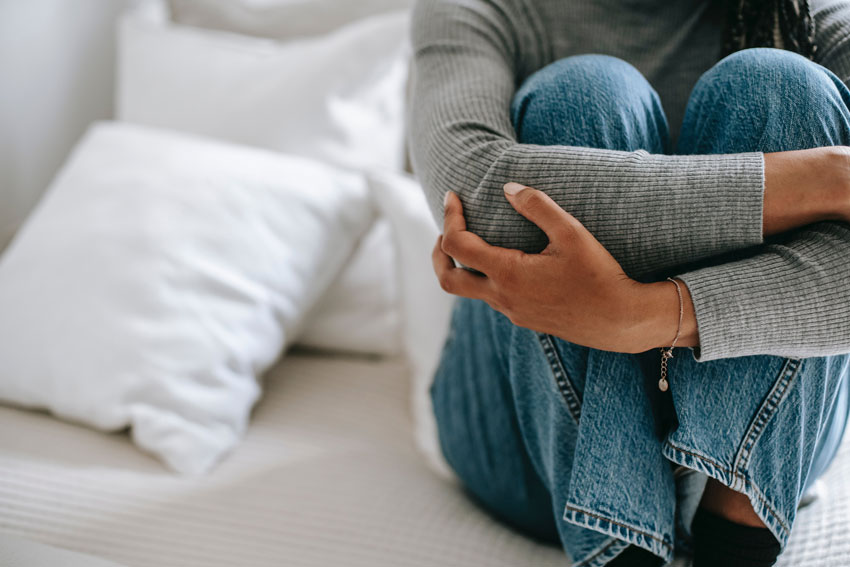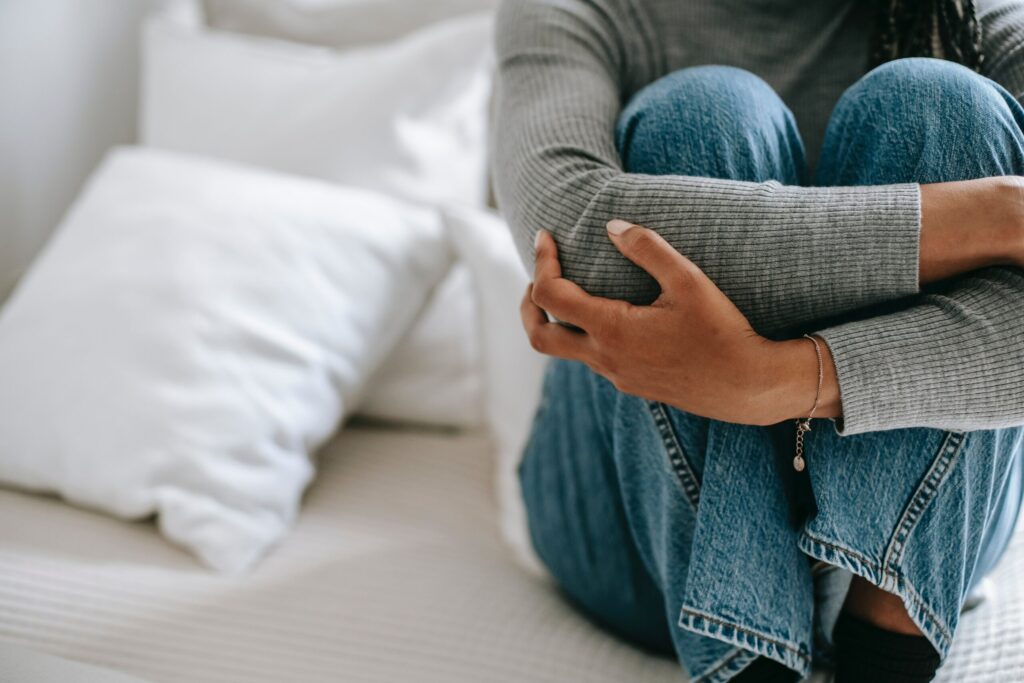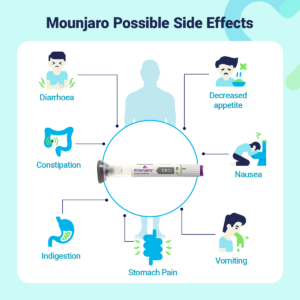Something that a lot of people don’t talk about is how weight loss can sometimes affect people mentally.
Many people assume that losing weight might make them feel happier.
Unfortunately, this isn’t the case for some people, and feelings of depression can be quite common.
However, there are certain things you can do to make sure that you look after your mental health whilst losing weight.

Firstly, you should always remember that your focus should be on the positive changes that you’re making.
These changes are supposed to set you up for life so that you can maintain weight loss in the future.
If you aren’t enjoying these changes, it means you aren’t enjoying your new lifestyle, and this is bound to have an impact on your mood.
If you find that exercising becomes a chore or you don’t like the meals that you’re planning, it might be time to make some changes.
Feeling unsatisfied with our lives can have a negative impact on our mental health.
It’s so important to make sure that you enjoy the changes that you’re making.
This is the new lifestyle you’re hopefully going to continue for the rest of your life, so it needs to be something that you’re going to like!
Whilst it’s not realistic to expect to always be pumped for a workout, it’s important that you choose something that you’re going to want to do, rather than something that you view as a chore.
This can be great for your mental well-being even without the goal of losing weight.
You may also be more likely to experience a low mood or depressed mood if you’re following a restricted diet to lose weight.
This can sometimes mean that people don’t allow themselves to eat the foods that they enjoy out of fear of gaining weight.
Some restrictive diets cut out entire food groups like carbohydrates or fats, which isn’t healthy after some time
This can also contribute to feelings of depression and low mood.
Most of us are used to eating carbohydrates and fats as part of our everyday diet.
When you make drastic changes and start eliminating food groups, it can have an impact on your mental health.
Not only does it cause more work around mealtimes, but it can also cause cravings.
You then risk being caught in a vicious cycle of not allowing yourself to eat certain food that you like and probably becoming down about it.
The best thing we can advise is to eat a balanced diet. Allow yourself treats in moderation.
One fatty or sugary snack isn’t going to make a difference to your weight loss, just like one salad won’t make you drop a stone in a week.
If you allow yourself the foods that you like, you’re less likely to binge eat.
This can also reduce the risk of experiencing low mood.
Many people focus too much on numbers or results when they first start trying to lose weight.
Over time, this can become exhausting and stressful.
Many people monitor their weight each week and turn to online forums when the results aren’t as desired.
Whilst this is normal, it’s also important to remember the bigger picture. Your weight is only a small part of your health.
Whilst it can influence many other things, you shouldn’t focus all of your energy into becoming slimmer.
We would recommend focusing on positive changes instead.
This could be taking up a new sport as a hobby, or starting to cook nutritious meals from scratch.
Essentially, you want to find healthy activities that you like doing.
This can encourage a happier mood and help you to focus less on the numbers on the scale.
Weight loss is usually a slow process, and obsessing over the scales isn’t going to make it go any faster.
However, if you focus on making healthy changes that you enjoy, the journey to your goal weight should be easier.

Many people that find that they struggle with depression during or after weight loss don’t know who to turn to.
We would always recommend speaking to your doctor if you find that your mental health is affecting your life, you may also want to consider contacting a mental health charity if you need someone to talk to.
There are various options that might be helpful to you which your GP should be able to discuss.
Your emotional health is just as important as your physical health, so it’s important that you seek help for any mental health problems that you might be facing.
Find more information on what type of help you can access for mental health issues here.


















